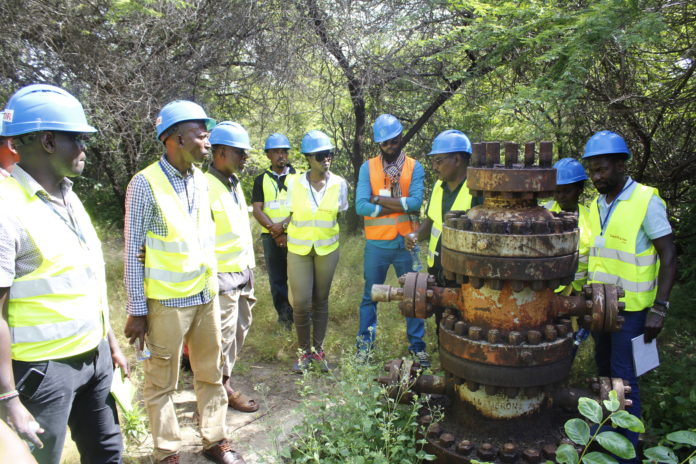By Muturi Kamau
Upstream petroleum activities in East Africa have been going on for a number of years now. In Kenya, before the announcement in March 2012 of the first discovery of commercial oil in Turkana, there was little or no community and public interest on upstream petroleum development in the area.
However, since that discovery, the interest and expectations of anticipated benefits have enormously increased amongst the Kenyan citizenry. Despite the heightened expectations, it is critical to understand that the way host communities relate whether positively or negatively to upstream petroleum development projects is influenced by their behavior.
Attitudes represent the decisions, practices, and actions they take as individuals or as members of a group. Understanding local community behavior is critical in understanding the relationship between them and these companies. Prior to the commencement of Foundation Stage.
Development of the South Lokichar fields as well as the construction of the Lamu Lokichar Crude Oil Pipeline infrastructure and government of Kenya need to identify the social systems within which a community finds itself. The social factors that influence their decisions, practices and actions and relationships. The social factors influencing behavior are social-cultural factors, social norms, and values, knowledge, skills, laws, politics, economic, resource access, and organizations.
These social factors influence the relationship between community and upstream petroleum development companies on the one hand and these companies with the government. Whereas it is easy to understand the relationship between the government and the companies, it is increasingly difficult to understand the relationship between the communities and companies.

Looking at the governance and practice in upstream petroleum development and the relationships are defined in a web of laws, regulations, and contracts including the country’s constitution. In Kenya, natural resources such as oil, gas and minerals are owned by the citizens and held in trust for their benefit by the state/government. Oil contracts such as Production Sharing Contracts expound the relationship between the host state/government and companies in terms of roles and responsibilities.
However, in these contracts, there is little or no clear determination of the relationship between the host communities and the companies.
However, despite the recent flagging off of the 1.2 billion crude oil shipment by President Uhuru, local communities still believe that they have not participated meaningfully in investment decisions since petroleum project development began.
They further feel that lack of openness in decision- making processes has left them in the dark. This notwithstanding, the three main actors: the state/government, the companies, and the host communities have different perspectives and expectations on oil ventures. The government expects revenue, economic growth, infrastructure development, and technology transfer.
The perspective of companies is to see that their investments are protected and yield high returns, and there is political and societal stability. As for the host communities, their aspiration and expectations are that oil ventures will result in economic benefit and social investment programs as well as environmental protection.
Despite efforts by companies to comply with state legislative and regulatory requirements, the companies still face resistance from local communities and are faced with the challenges of gaining acceptance and approval of their investment and operations as well as earning and maintaining the support and trust of the majority of the host local communities.
Furthermore, there is widespread acceptance that upstream petroleum development improves people’s lives and enables the growth of countries. However, this acceptance at a grassroots level by host communities is neither automatic nor unconditional. Upstream petroleum companies continue failing to earn and maintain the trust of host communities because they believe that companies operate behind a veil of mystique and secretiveness which arouses suspicion in what communities perceive.
Both government and oil companies need to put emphasis on mechanisms that promote transparency in order to change the perception of host communities thus addressing misconceptions and stereotypes about upstream petroleum development. This will eventually assist in managing both realistic and unrealistic high levels of expectations while at the same time providing an adequate understanding of the dynamics and psychology of host communities.
Muturi Kamau is the coordinator of Kenya Oil and Gas Working Group














